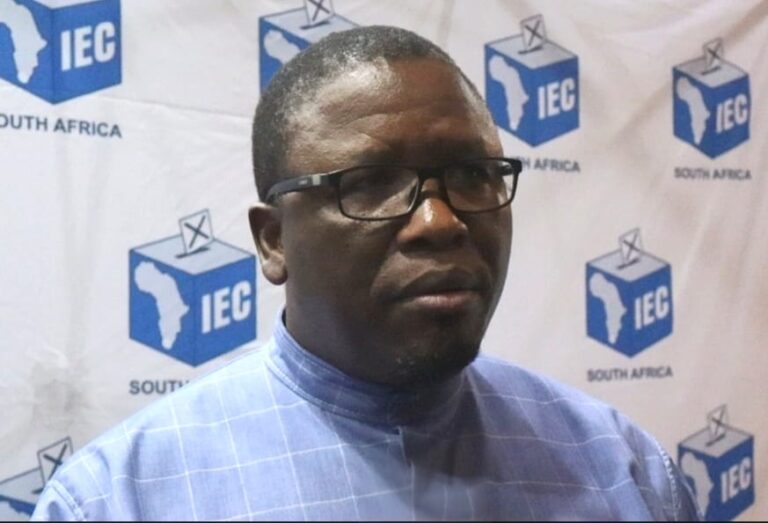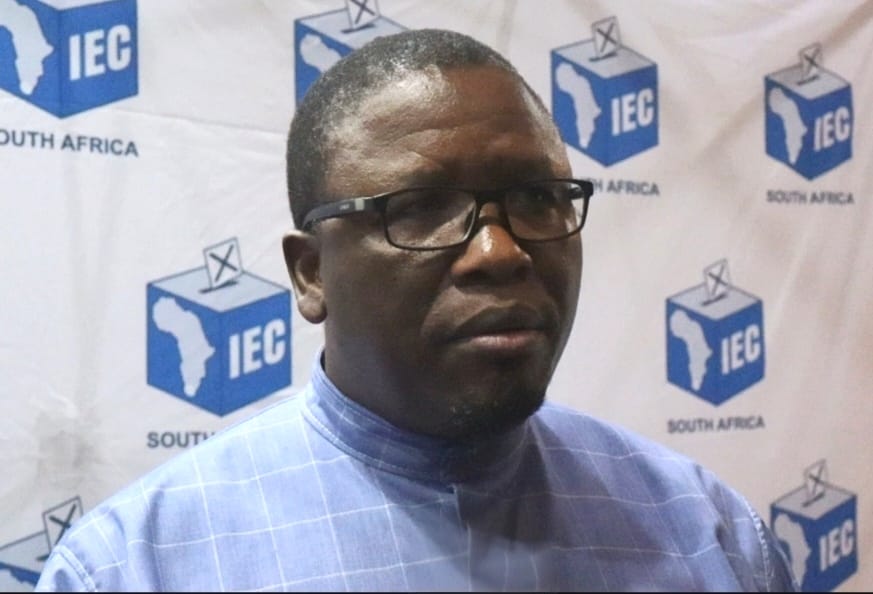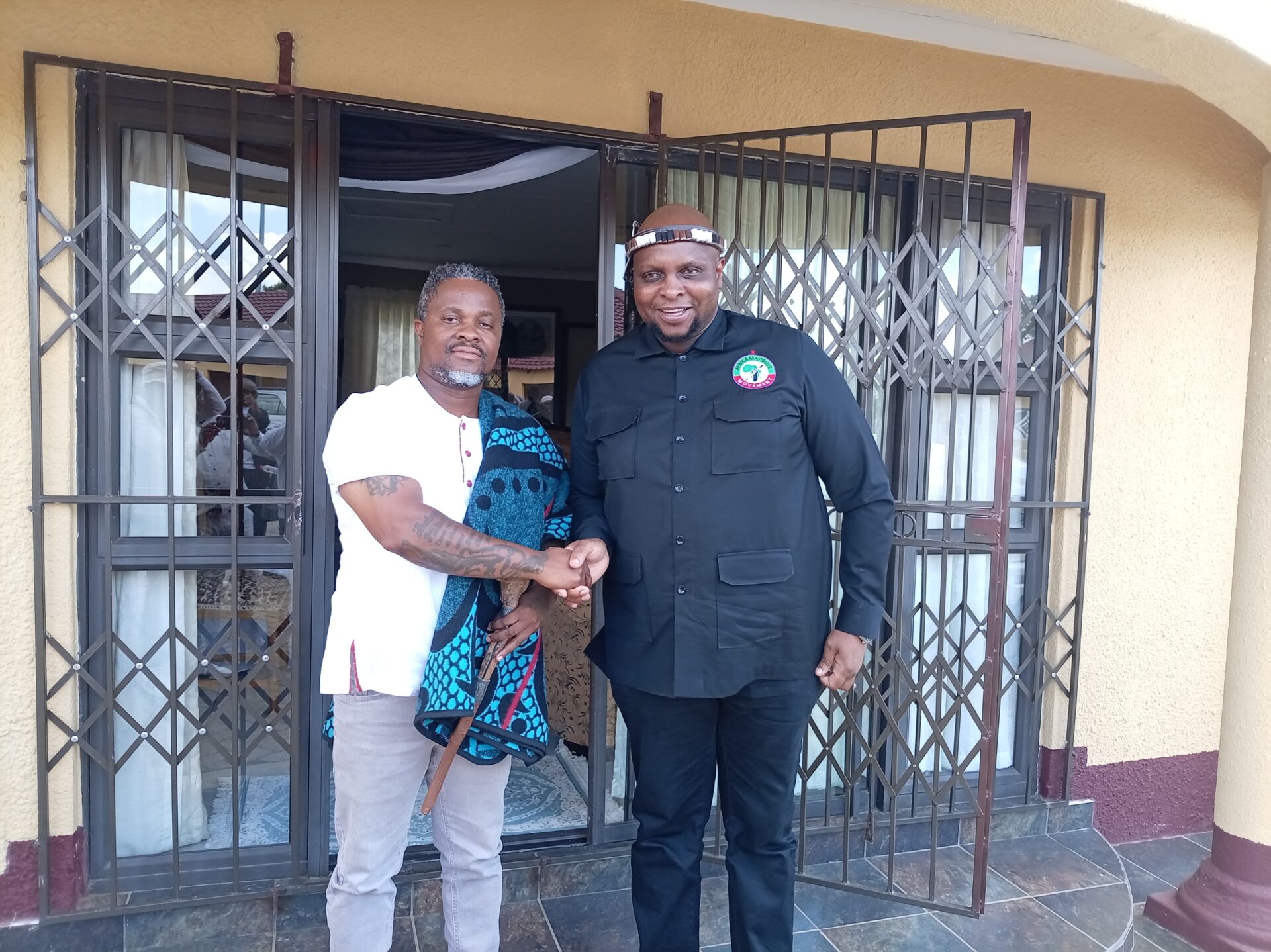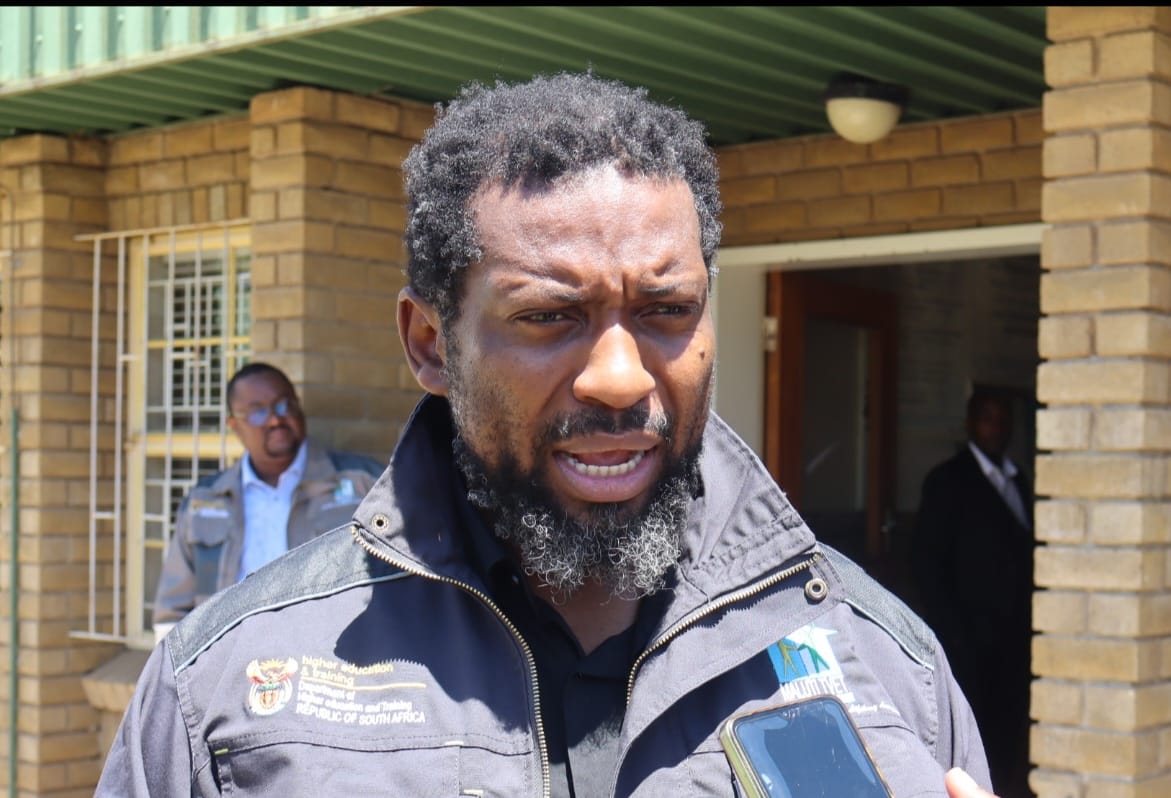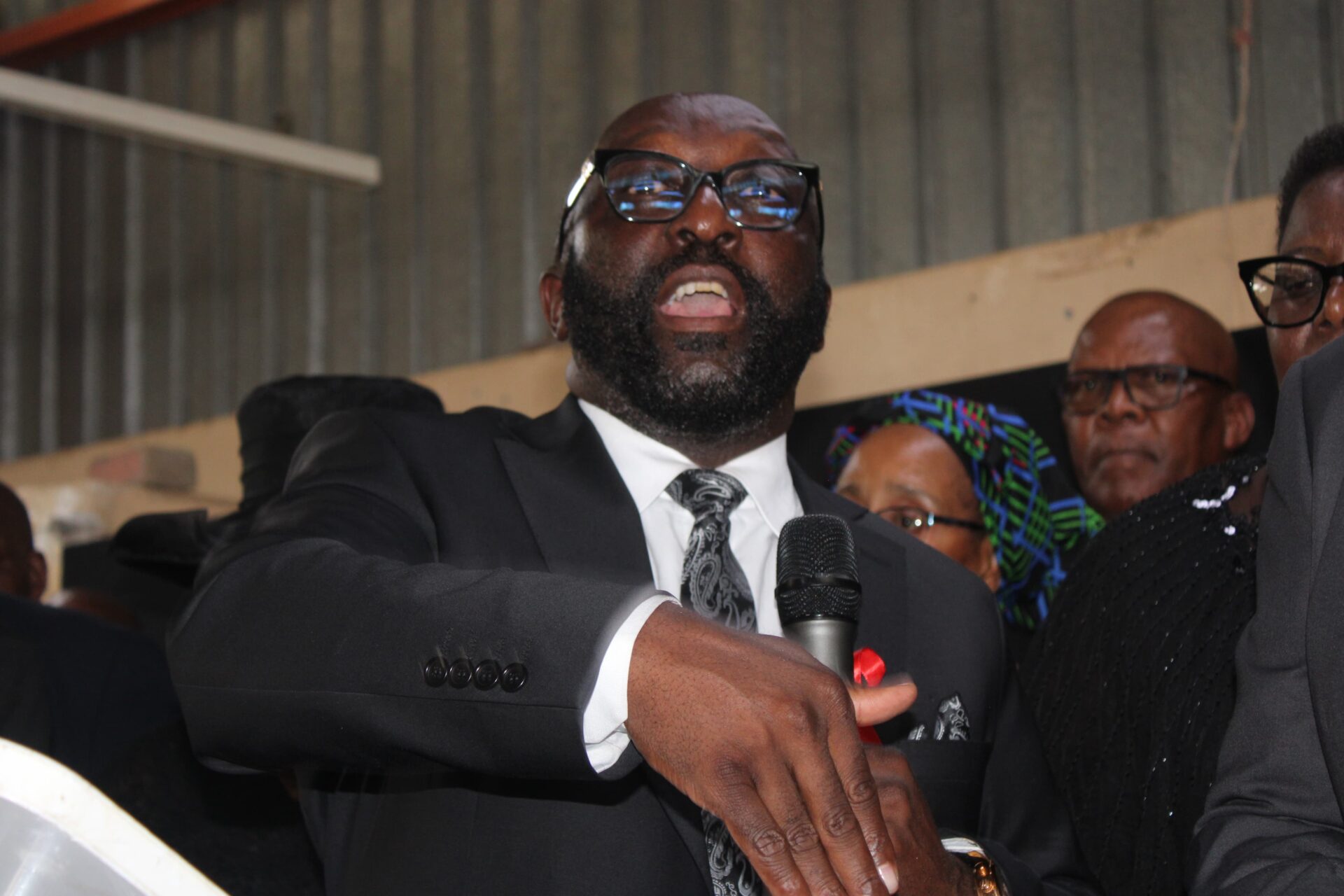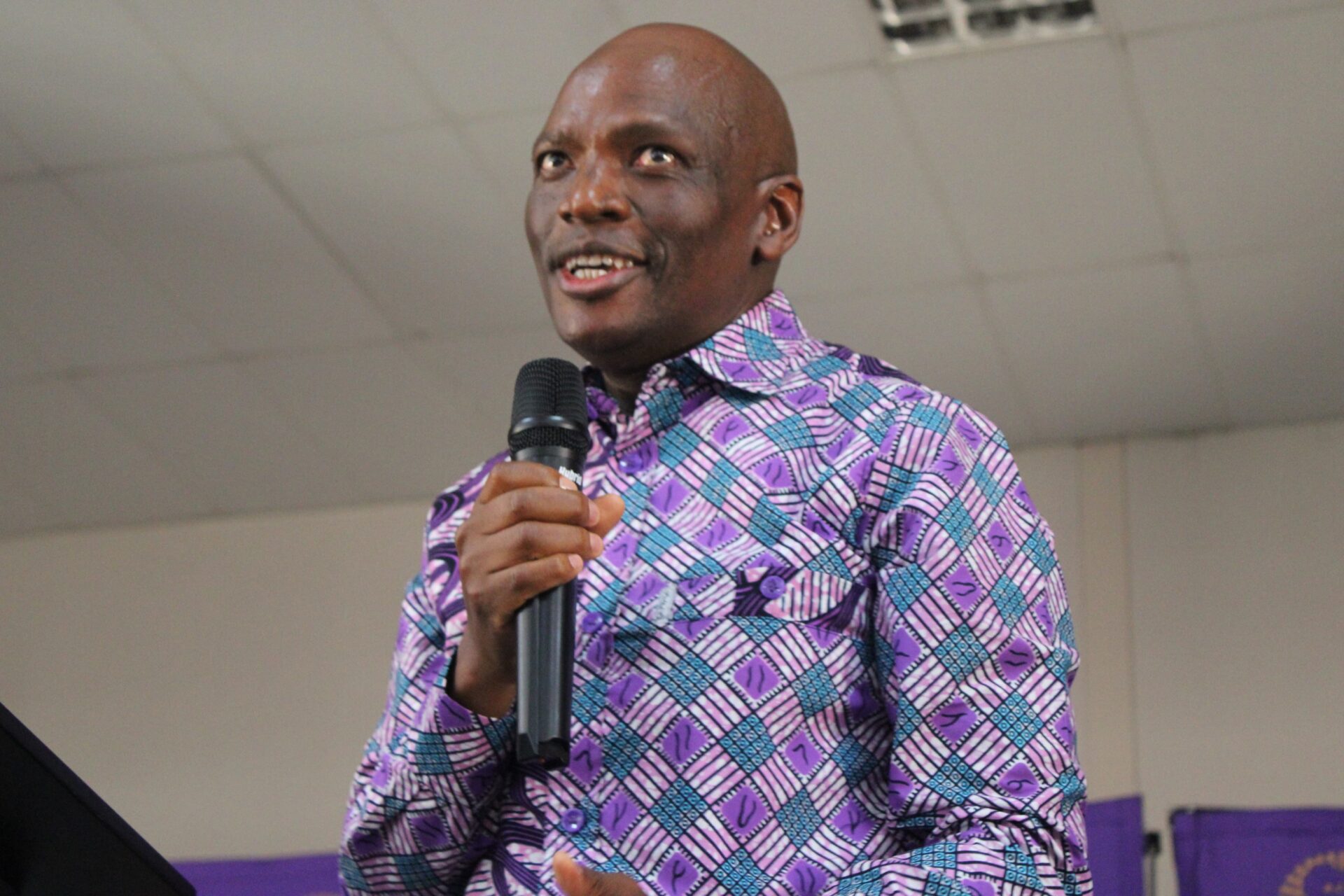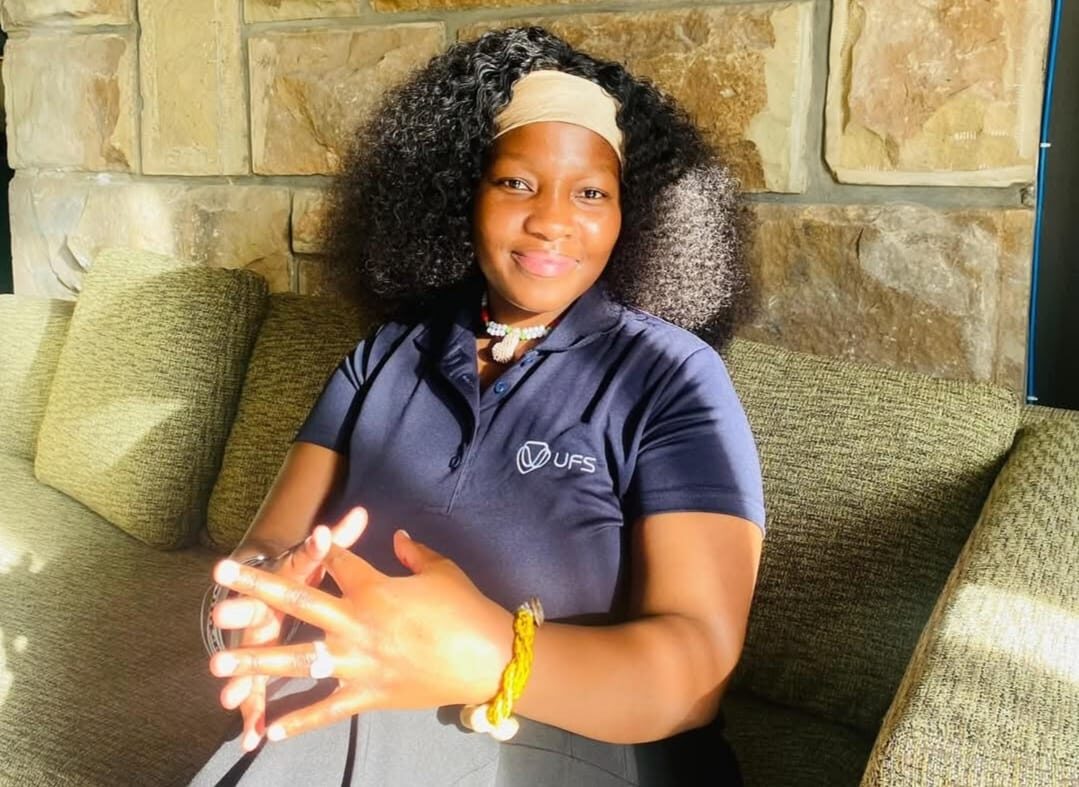By Libuseng Nyaka
Tight restriction meant to mitigate spread of third wave saw the country placed back to adjusted lockdown level two on Monday.
This after third wave has been reported in Free State, Northern Cape, North West and Gauteng , have prompted President Cyril Ramaphaosa to place the country under adjusted level two on Monday.
Ramaphosa said decision have arrived at after recommendations have been discussed at the National Coronavirus Command Council earlier on Sunday , with Premiers, mayors and traditional leaders in the President’s Coordinating Council.
“ We are advised that a positivity rate of five percent is a course for concern”.
He said based on these discussions, Cabinet has therefore decided that the country will be placed on Adjusted Alert Level 2 with effect from tomorrow. This means that: – The hours of curfew will start at 11pm and end at 4am. – Non-essential establishments like restaurants, bars and fitness centres will need to close by 10pm. This is to allow their employees and patrons to travel home before the start of the curfew.
Other areas affected by new adjusted lockdown under level two includes that all gatherings will be limited to a maximum of 100 people indoors and 250 people outdoors.
Where the venue is too small to accommodate these numbers with appropriate social distancing, then no more than 50 per cent of the capacity of the venue may be used. This includes religious services, political events and social gatherings, as well as restaurants, bars, taverns and similar places,” said Ramaphosa while addressing the nation on television.

No changes on funerals as they remain restricted to no more than 100 people, and, as before, night vigils, after funeral gatherings and ‘after-tears’ gatherings are not allowed.
He said this precautions are in line with advice from Scientists that country is headed towards a third wave of infections.
“We do not yet know how severe this wave will be or for how long it will last. According to the scientists that advise government, the severity of this third wave will largely be determined by the amount of contact each of us has with other people. This means that each of us needs to think about all the people we come into contact with each day and do everything we can to limit those contacts.”
He said where it is unavoidable to be in contact with other people, such as at work or when shopping or in public transport. In such cases, it is important that we strictly observe all the health protocols by wearing a mask, keeping our distance from others and ensuring proper ventilation. But wherever possible, we should cut down on our contacts during this time.
Updating on the vaccination Ramphosa said nearly 480,000 health workers were vaccinated and more than 67 per cent of public health workers have been vaccinated.
These health workers received the Johnson & Johnson vaccine, which only requires a single dose. Since the evidence shows that older people are at a far greater risk of severe COVID-19 illness and death, we have prioritised the elderly for this second phase.
“Over the last two weeks, over 480,000 people have received the first dose of the Pfizer vaccine as part of the public vaccination campaign. Because the Pfizer vaccine requires two doses to provide maximum immunity, these people will need to have second dose 42 days after their first dose. In total, over 960,000 people in South Africa have received one vaccine dose”.
He promised that within the next few days, they would have administered vaccine doses to more than one million of the most vulnerable South Africans.
In terms of registration and he said three million people have registered on the Electronic Vaccine Data System.
“The mass vaccination campaign is a joint effort with all our partners. There are now more than 400 vaccination sites in operation across the country in both the public and private sectors. As we have previously reported, we have secured enough vaccines to reach all adults in the country, which is around 40 million people.”







